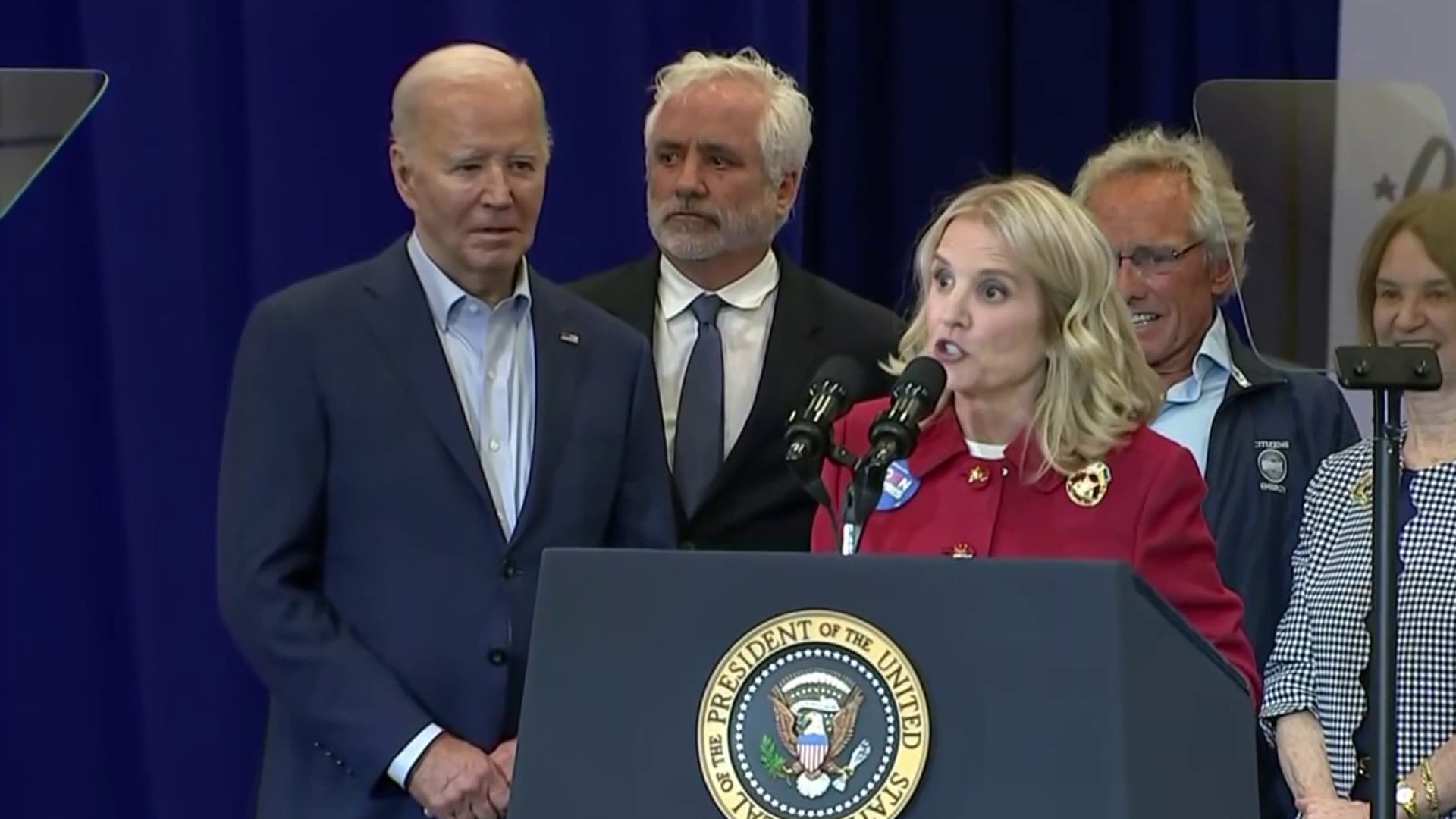Delaware's state Senate on Thursday gave final approval to a bill legalizing possession of up to one ounce of marijuana by adults for recreational use.
The legislation cleared the Democrat-led Senate on a 13-7 party line vote. Sen. Bruce Ennis of Smyrna, a retired state trooper, was the only Democrat joining Republicans in opposing the bill. The bill passed the Democrat-controlled House on a 26-14 vote last week.
The measure now goes to Democratic Gov. John Carney, who has previously spoken in opposition to legalizing recreational marijuana but has not said whether he would veto a legalization bill.
“We’ll review the bill, but the governor’s position hasn’t changed,” Carney spokeswoman Emily David said after Thursday’s vote.
Get Philly local news, weather forecasts, sports and entertainment stories to your inbox. Sign up for NBC Philadelphia newsletters.
Under current law, possession of one ounce or less of marijuana by anyone 21 years of age or older carries a civil penalty of $100. The legislation eliminates that provision. Possession of recreational marijuana by anyone under 21 would still result in a civil penalty, while possession of more than one ounce of marijuana and public consumption would remain misdemeanors. The bill also allows an adult to “transfer,” but not sell for payment or other consideration, an ounce or less of marijuana to another adult.
The bill was introduced in late March as stand-alone legislation after a failed effort to pass broader legislation creating a state-regulated and taxed marijuana industry. Passage of the legalization bill required only a simple majority, but legislation creating a state-licensed marijuana industry requires a three-fifths majority vote in each chamber because it would establish a new tax. Marijuana advocates have been unable to clear that hurdle.
A separate bill to create a state-run marijuana industry has cleared two House committees and is awaiting consideration by the full chamber.
Politics
Senators passed the legalization bill after rejecting a GOP amendment that would have delayed its effective date until Delaware law enforcement officials could confirm the existence and availability of an accurate test to determine if someone is under the influence of marijuana.
Sen. Trey Paradee of Dover, the chief Senate sponsor of the legalization bill, said police already are trained to recognize when somebody is under the influence, and that it is “obvious” when someone is stoned.
“Anybody who’s raised a teenager can probably tell,” said Paradee, adding that if marijuana was a gateway drug, as some opponents and medical researchers have stated, “we would have a room full of heroin addicts.”
Republicans pointed out that many of Paradee’s remarks were addressed not at the legalization bill, but at the purported benefits of having a state-run marijuana industry.
“What Senator Paradee said ... is for the next bill,” said Sen. Colin Bonini, noting that there’s no guarantee that the companion legislation will pass.
“We might as well call this the ‘Encouraging Illegal Behavior Act,’ because where are you going to get it? You’re going to go to a drug dealer,” added Bonini, a Dover Republican. “This is the cart before the horse.”
Paradee, who previously noted that “drug gangs and cartels” were profiting from marijuana sales, said he shared some of Bonini’s concerns, and that if the companion bill establishing a state-run industry did not pass before the end of the legislative session on June 30, he would ask Carney to veto the legalization bill.
Paradee told fellow lawmakers that if they believe in freedom and personal rights they should support the legalization bill, failing to mention that it does not allow Delawareans to grow their own marijuana plants.
The bill to establish a state-run pot industry also would prohibit people from growing their own plants for personal consumption. The state instead would license and oversee a manufacturing and distribution industry and levy a 15% tax on retail sales. Supporters argue that the legislation would curtail the black market, create jobs and boost state revenues.
Opponents argue that legalization would lead to increased marijuana use among teens and young adults, expose business owners to liability, and result in more traffic deaths and injuries. They also say it would do little to eliminate illegal sales.
The Associated Press reported in January that the legalization of marijuana in California had done little to discourage black market sales in that state, and that some California licensees are simultaneously participating in the black market — whose estimated value of $8 billion is roughly double the amount of legal sales — in order to make a profit.
Currently, recreational marijuana use is permitted in 18 states and the District of Columbia.



